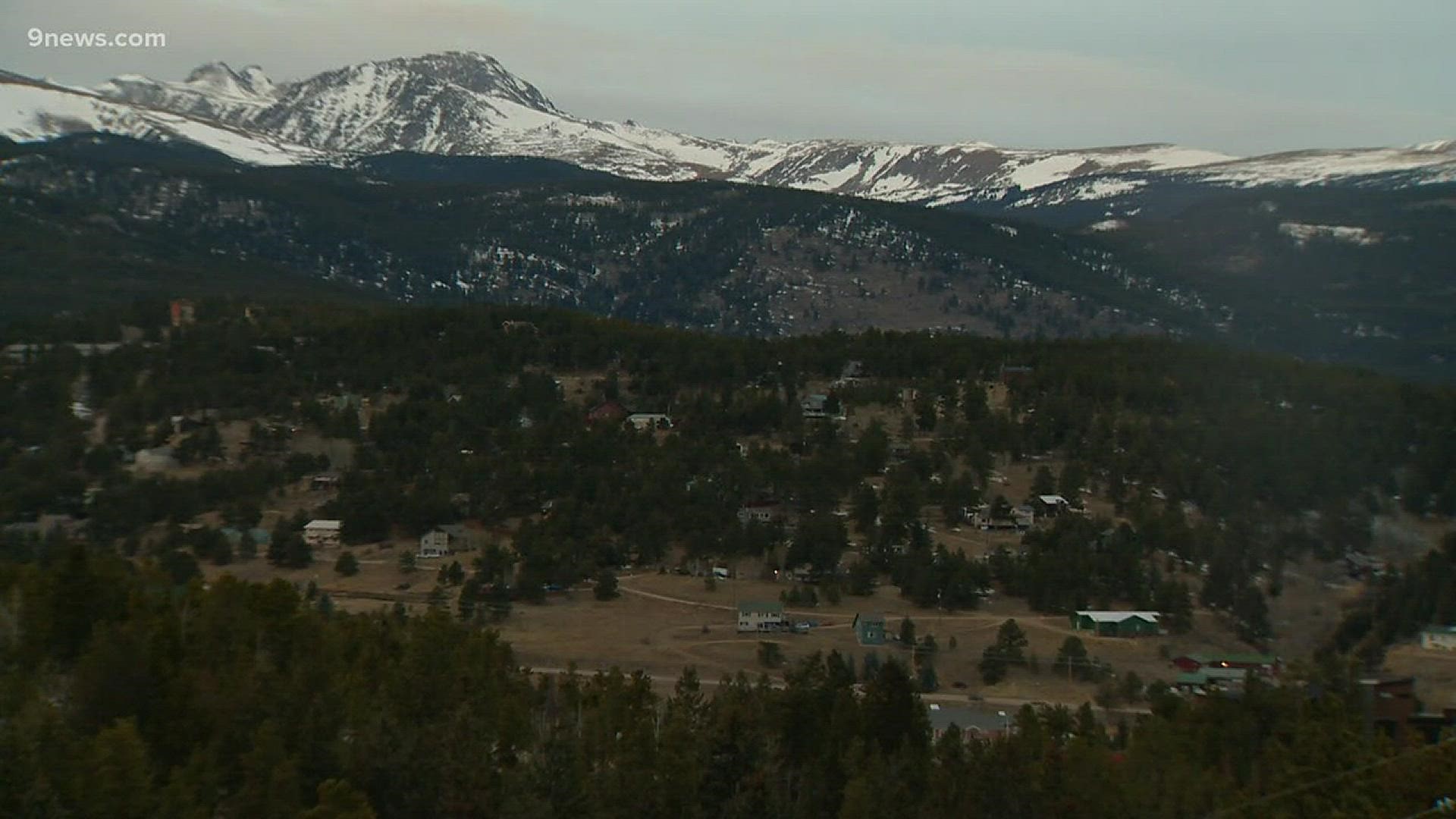NEDERLAND, Colo. — A sperm registry website that connects kids looking for donor parents or half-siblings reached a milestone this week, with 62,000 people registering.
The Donor Sibling Registry (DSR) was founded by Wendy Kramer, the mother of a Nederland man searching for his sperm donor in 2002.
That man, Ryan Kramer, has since found and developed a strong relationship with his biological father.
Since the registry’s inception, 17,000 have connected with a donor or half-sibling, which Wendy Kramer said sheds light on the practices of the sperm donor industry.
Kramer’s donor, for example, was told he’d only have 10 children with his donations. Currently, he has 16 children who’ve popped up on the registry. Some donors have found they have about 200 kids.
“I think he’s a little bit concerned about how big this group will become,” Wendy Kramer said. “And what does this mean for me, what do they want for me, what’s appropriate, how do we go forward, and where are the boundaries?”
Generally, the industry has not done a good job of keeping records and numbers of people who may share a father, Wendy Kramer said. That can lead to psychological and health complications.
“When you have a heritable disease, and you have 100 kids, what if it’s a fatal heart condition?" she said. "We’ve had those on the DSR. You’re talking like an epidemic.”
Wendy Kramer's son Ryan Kramer was curious, which pushed her to help find his biological father. It wasn’t easy -- sperm banks ensure donors anonymity for at least 18 years.
Many people are using DNA to track down their donors anyway. Many of the people who come to the DSR had recently received some surprising news from those DNA kits that come in the mail, helping people track their family tree.
“They want to learn more about their identity. It’s 50 percent of their DNA,” Wendy Kramer said. “You can’t really know who you are until you know where you come from.”
Wendy Kramer said looking back, she didn’t feel it was fair to bring her son into a world with so many unknowns. Now she’s fighting for new industry standards, including dissolving anonymity to allow children and their donors to connect as soon as possible if they want.
SUGGESTED VIDEOS | Investigations from 9Wants to Know

